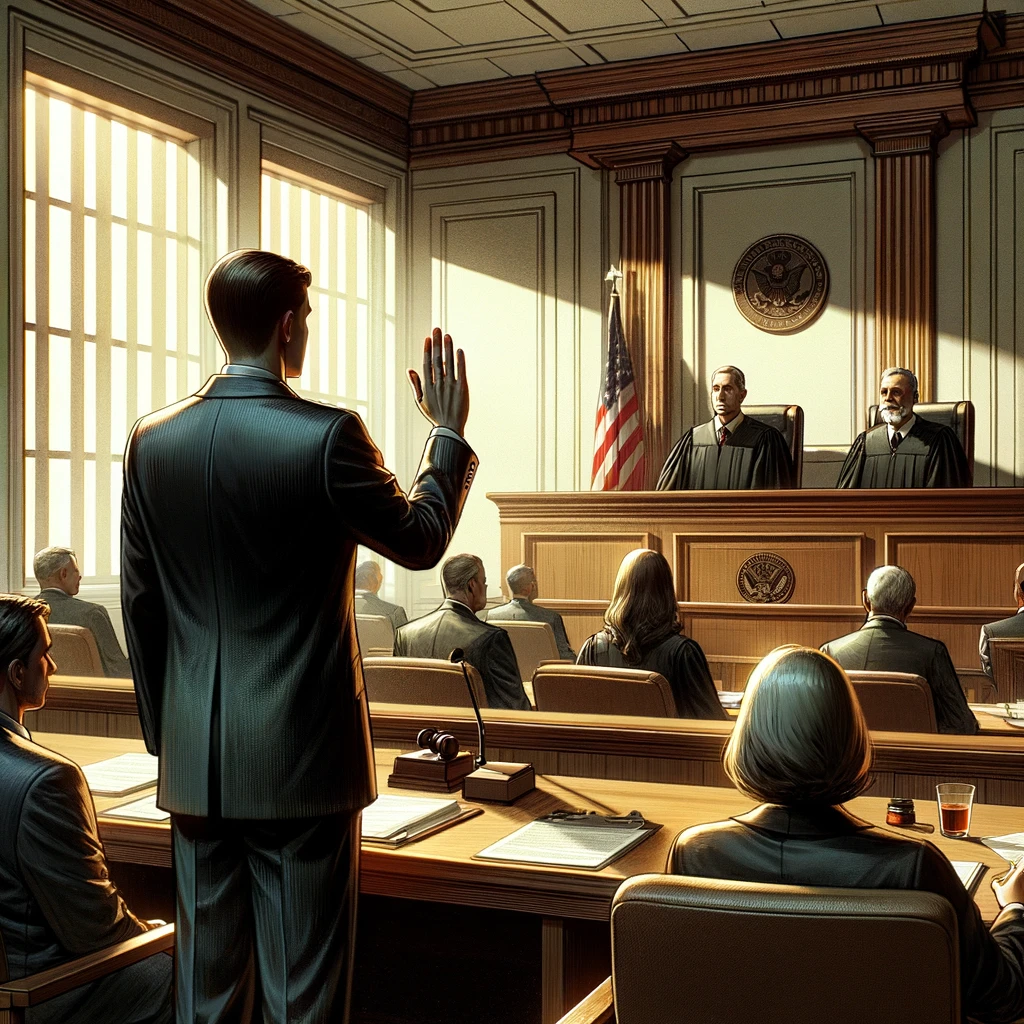The Washington Supreme Court recently addressed a critical issue regarding the balance between a defendant’s constitutional right to a public trial and the state’s request for courtroom closure. This case, represented by Rita J. Griffith and Andrew P. Zinner of the Washington Appellate Defender Association and opposed by David S. McEachran, Prosecuting Attorney, and Laura D. Hayes, Deputy, revisits the foundational principles of justice and transparency in legal proceedings.
The Essence of the Case
At the heart of the controversy was Joseph Bone-Club, charged with several violations under the Uniform Controlled Substances Act. A pivotal moment in his trial was a pretrial suppression hearing in 1992, during which the trial court, prompted by the State, decided to close the courtroom to the public for the testimony of an undercover officer, Detective Frakes. This decision, made without seeking Bone-Club’s consent or considering his right to a public trial, led to significant legal contention.
Supreme Court’s Decision: A Victory for Transparency
The Supreme Court’s reversal of the trial court’s decision underscores the indispensability of open courts. Drawing from precedents, notably Allied Daily Newspapers v. Eikenberry, the Court emphasized the necessity for a trial court to perform a rigorous analysis, balancing the need for closure against the defendant’s public trial rights. The failure to conduct such an analysis in Bone-Club’s case was deemed a violation of his constitutional rights, leading to a remand for a new trial.
The Five-Step Closure Test
The Court highlighted a five-step test that must be adhered to before any consideration of courtroom closure:
- The necessity for closure must be convincingly shown.
- Those present must have the opportunity to object to the closure.
- The method for limiting public access must be the least restrictive means to protect the interests at stake.
- A balance must be struck between the competing interests of closure and public access.
- Any closure order must be appropriately narrow in scope and duration.
This rigorous framework ensures that a defendant’s right to a public trial is not infringed upon lightly or without due consideration.
Implications for Legal Practice
For legal practitioners, this ruling serves as a potent reminder of the critical balance between ensuring the safety and integrity of legal proceedings and upholding the public and the defendant’s right to an open trial. It reinforces the principle that courtroom closures should be an exception, not a norm, reserved for truly compelling circumstances.
A Broader Perspective on Justice
Beyond the legal specifics, this decision affirms the broader principle that transparency and public scrutiny are essential components of a fair trial. They not only protect the defendant’s rights but also enhance public trust in the judicial process, ensuring that justice is not just done, but is seen to be done.
Conclusion
The Washington Supreme Court’s decision in the case of Joseph Bone-Club is a landmark affirmation of the importance of public trials in the American judicial system. It sends a clear message about the necessity of transparency and the need for courts to carefully weigh the decision to close proceedings. For legal professionals and the public alike, it reaffirms our shared commitment to justice, fairness, and the principles of an open society.
You can read the text of State v. Bone Club, 128 Wn. 2d 254 (Wash. 1995): https://casetext.com/case/state-v-bone-club-4
Review our client resources here
Contact us anytime for your urgent legal needs.
About Blanford Law:
We are no-nonsense, relentless, fair, and honest. We are great listeners instead of fast talkers, that is just who we are. More than 20 years ago, Ken began practicing law with a deeply-seeded belief that every person has the right to the best legal representation available. He built his law firm on that belief. Another belief that he strongly adheres to is his fundamental belief that clients deserve respect, with no assumptions or preconceived notions. If you or someone you know is accused of a crime or injured as a result of the negligence of another, please have them call us at 253-720-9304 or email us info@blanfordlaw.com

